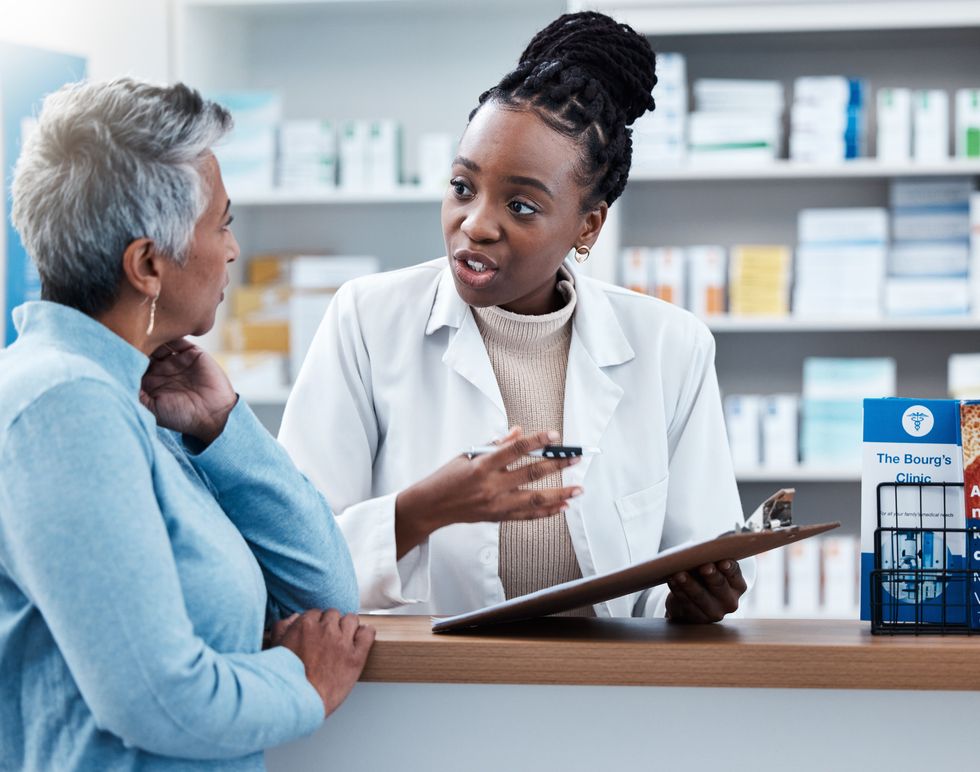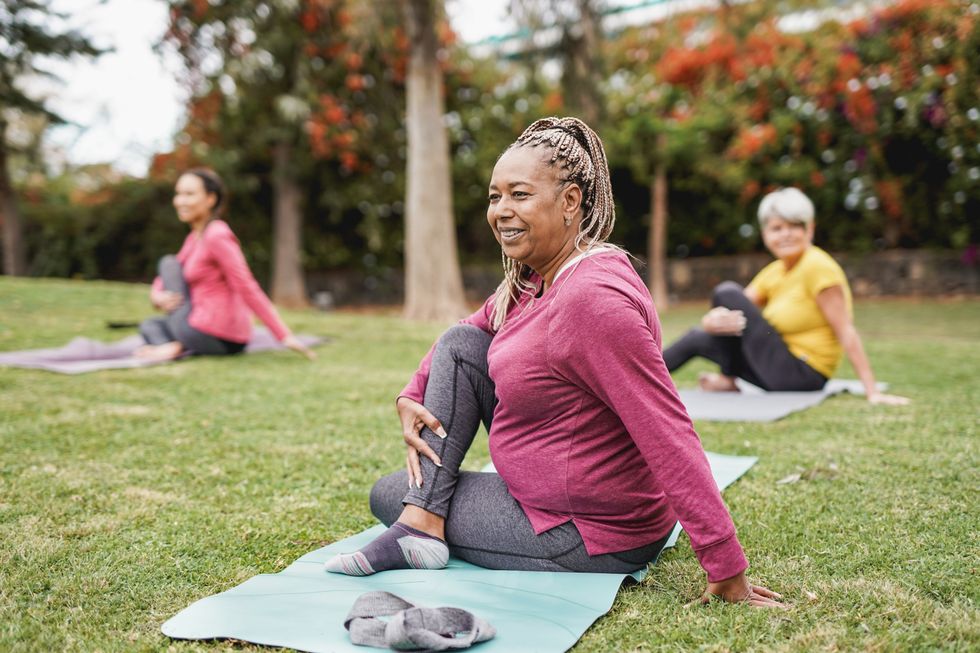The UK’s four public health agencies - UK Health Security Agency (UKHSA), Public Health Scotland (PHS), Public Health Wales (PHW) and Public Health Agency Northern Ireland (PHA) have issued monkeypox guidance to control transmission in the community.
The new guidance aims to support healthcare professionals to respond to the outbreak of monkeypox.
“People who have possible, probable or confirmed monkeypox can now isolate at home, if they remain well enough, whilst following measures advised in the new guidance to reduce further spread and while being monitored by local health protection teams,” the UKHSA said.
In addition, UKHSA has purchased over 20,000 doses of a safe smallpox vaccine called Imvanex (supplied by Bavarian Nordic) and this is being offered to identified close contacts of those diagnosed with monkeypox to reduce the risk of symptomatic infection and severe illness.
The guidance recommends:
- People with possible, probable or confirmed monkeypox should avoid contact with other people until their lesions have healed and the scabs have dried off. Cases can reduce the risk of transmission by following standard cleaning and disinfection methods and washing their own clothing and bed linen with standard detergents in a washing machine.
- Cases should also abstain from sex while symptomatic, including the period of early symptom onset, and while lesions are present. Whilst there is currently no available evidence of monkeypox in genital excretions, as a precaution, cases are advised to use condoms for 8 weeks after infection and this guidance will be updated as evidence emerges.
- If people with possible, probable or confirmed monkeypox infection need to travel to seek healthcare, they should ensure any lesions are covered by cloth and wear a face covering and avoid public transport where possible.
- Contacts of someone with monkeypox will also be risk assessed and told to isolate for 21 days if necessary.
- Where possible, pregnant healthcare workers and severely immunosuppressed individuals (as outlined in the Green Book) should not assess or clinically care for individuals with suspected or confirmed monkeypox. This guidance will be reassessed as evidence emerges.
- The minimum recommended personal protective equipment (PPE) for staff working with confirmed cases includes fit tested FFP3 respirators, aprons, eye protection and gloves. For possible or probable cases minimum recommended PPE for staff includes fluid repellent surgical facemasks (FRSM), gowns, gloves and eye protection.
- Within non-domestic residential settings (for example adult social care, prisons, homeless shelters, refuges), individuals who are clinically well should be managed in a single room with separate toilet facilities where possible. Close contacts of confirmed cases should be assessed for vaccination.
Dr Ruth Milton, senior medical advisor and monkeypox strategic response director at UKHSA, said: “The highest risk of transmission is through direct contact with someone with monkeypox. The risk to the UK population remains low and anyone with unusual rashes or lesions on any part of their body should immediately contact NHS 111 or their local sexual health service.”
The guidance principles highlight the shared scientific understanding across the 4 nations around transmission and biology of the disease - which aligns with the World Health Organisation.
UKHSA is working closely with NHS England colleagues to support resilience in the healthcare system over the coming period.
The agency has also updated its guidance on offering the Imvanex vaccine to individuals pre and post exposure to a confirmed monkeypox case. The vaccine will be offered pre-exposure to healthcare workers due to care for a patient with confirmed monkeypox and staff working in sexual health services who have been identified as assessing suspected cases.
Post exposure, the vaccine will continue to be offered to close contacts in the highest exposure categories, ideally within 4 days of exposure, but it can also be offered to high-risk close contacts, including gay and bisexual men, men who have sex with men, those with immunosuppression, young children and pregnant women, up to 14 days after exposure.
Separately, a risk assessment has been carried by the Human Animal Infections and Risk Surveillance group (HAIRS) looking at household pets. The risk of a case infecting a pet is low. As a precautionary measure, cases should try to avoid contact with their pets, its bedding and litter for 21 days, and where possible pets should be cared for by someone else in the same household.








 Hemant Patel
Hemant Patel Pic credit: iStock
Pic credit: iStock Pic credit: istock
Pic credit: istock Pic credit: iStock
Pic credit: iStock



![Potential Side Effects of Mounjaro [What You Need to Know]](https://www.pharmacy.biz/media-library/image.jpg?id=54516976&width=1245&height=700&quality=90&coordinates=0%2C29%2C0%2C29)




